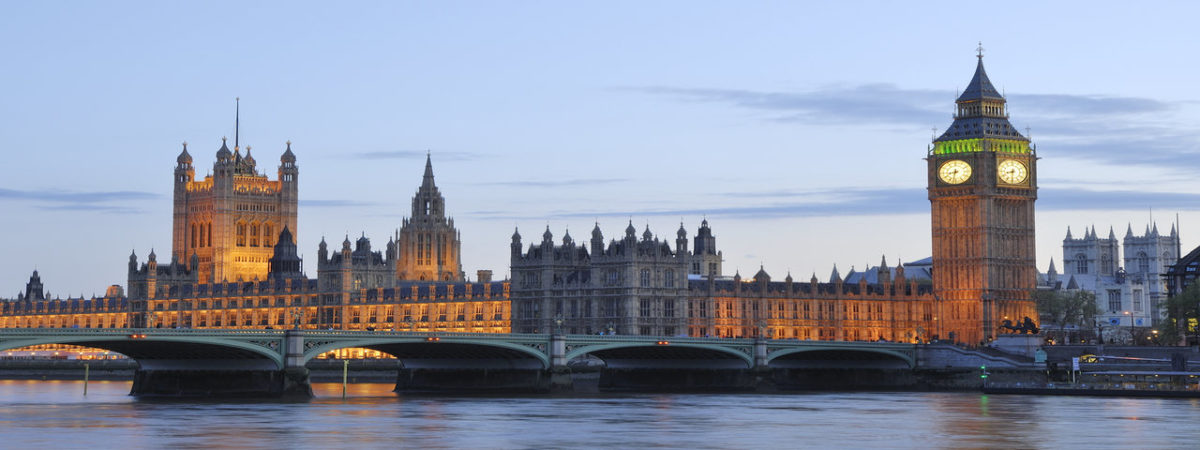The LIBOR reader
SUGGESTED

The causes of the Great Recession lie in misguided government policy, not in the underlying workings of the market.

New IEA paper argued that reforms are needed to encourage more choice and more trading in Britain’s water market.

Short articles on the LIBOR scandal looking for a deeper understanding of the crisis
LIBOR is an important market interest rate indicator because it measures the rate of interest at which banks can lend to each other, although, as the article by Stephanie Flanders shows, it does not necessarily measure the rate of interest at which banks actually do lend to each other. Many other financial contracts are therefore priced using LIBOR. For example, it would be reasonable for a bank to offer a mortgage product with a floating rate of interest of “LIBOR plus 1.5%”. The bank could then be reasonably sure that, whatever happened to central bank interest rates, it could obtain funds at LIBOR to fund the mortgage, with a fixed margin for credit risk and expenses. In addition, many important derivative products are priced using the LIBOR interest rates. These products are used for long-term risk management purposes as well as being traded.
Quite quickly, two separate aspects of this scandal emerged. The first was that banks seemed to have been manipulating the rates that are used to calculate LIBOR so that their derivative positions on LIBOR contracts would show higher trading profits. The second was that, at the height of the financial crisis, Barclays bank seems to have reduced its LIBOR submissions to the British Bankers’ Association in order to give the impression to the market that others were willing to lend to Barclays at lower interest rates than was actually the case. The idea of this action was to give the impression to the market that those lending money to Barclays were less concerned about the credit risk of Barclays than they were in practice.
The excellent short articles in this reader on the LIBOR scandal look for a deeper understanding of the crisis rather than taking the view that: “something has gone wrong, therefore we obviously did not have the rules to stop it, therefore we need more rules.”
Contents:
LIBOR manipulation scandal is a disastrous own goal for City
Allister Heath, City AM (Editor’s Letter), Thursday 28 June,2012
Barclays’ reputation is severely damaged but it will not be alone
Ken Okamura, City AM (City AM Forum), Friday 29 June 2012
From boom to bezzle: this banking scandal will run and run
Allister Heath, City AM (Editor’s Letter), Friday 29 June 2012
To the man with a hammer…every problem is a nail
Phillip Booth, IEA Blog, Friday 29 June 2012
Questions for Barclays and the FSA
Tim Ambler, Adam Smith Institute Blog, Monday 02 July 2012
What an inquiry into the banking crisis probably wouldn’t tell us – six reasons why it happened
Andrew Lilico, Conservative Home (Blog Section), Monday 02 July 2012
LIBOR needs swift moderisation to recapture trust
Tom Kirchmaier, City AM (City AM Forum), Tuesday 03 July 2012
The paradox at the heart of the Bank of England is now clear for all to see
Don Conaghan, City AM (City AM Forum), Wednesday 04 July 2012
The LIBOR scandal may destroy the pre-eminence of the City of London
Andrew Lilico, City AM (City AM Forum), Wednesday 04 July 2012
Inconvenient truths about LIBOR
Stephanie Flanders, BBC News, Wednesday 04 July 2012
Trust has lost all of its value in our state-regulated financial markets
Philip Booth, City AM, Thursday 05 July 2012
Why we really don’t want state control of banks and their lending
Tim Worstall, Adam Smith Institute Blog, Sunday 08 July 2012
Barclays isn’t the only one engaged in the manipulation of interest rates
Anthony J. Evans, City AM (City AM Forum), Tuesday 10 July 2012



